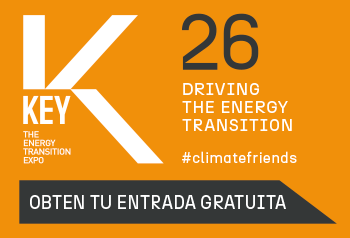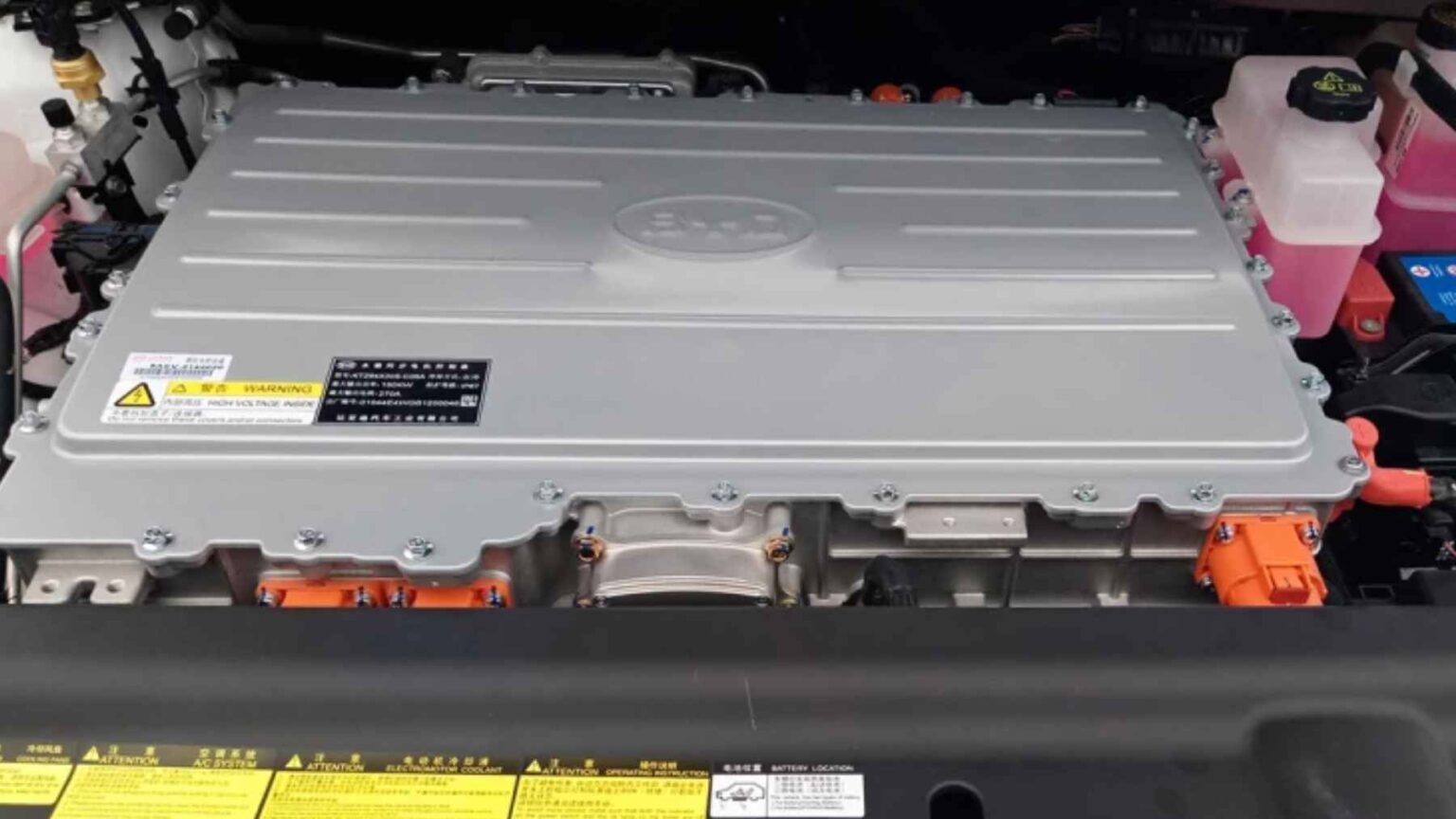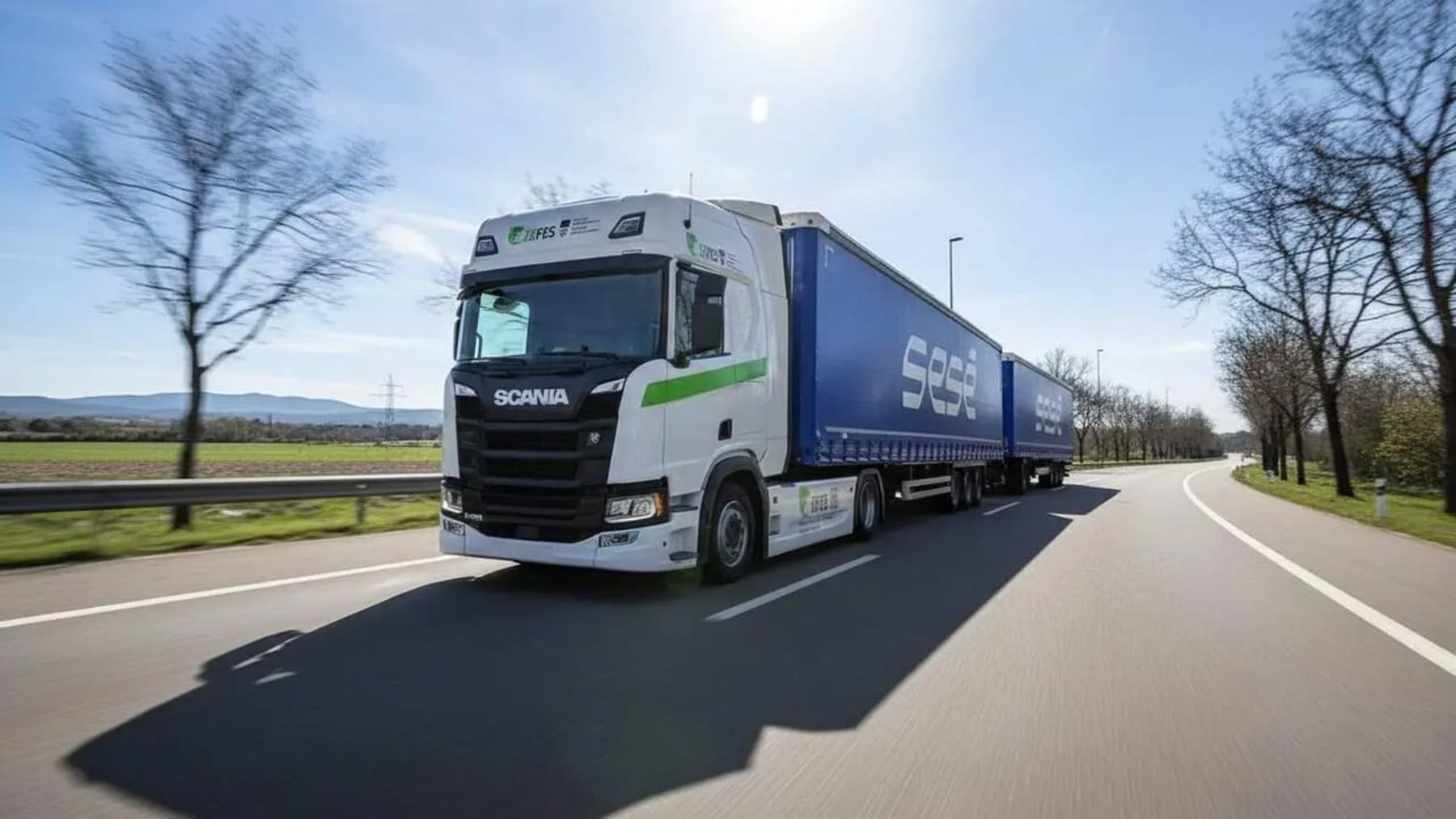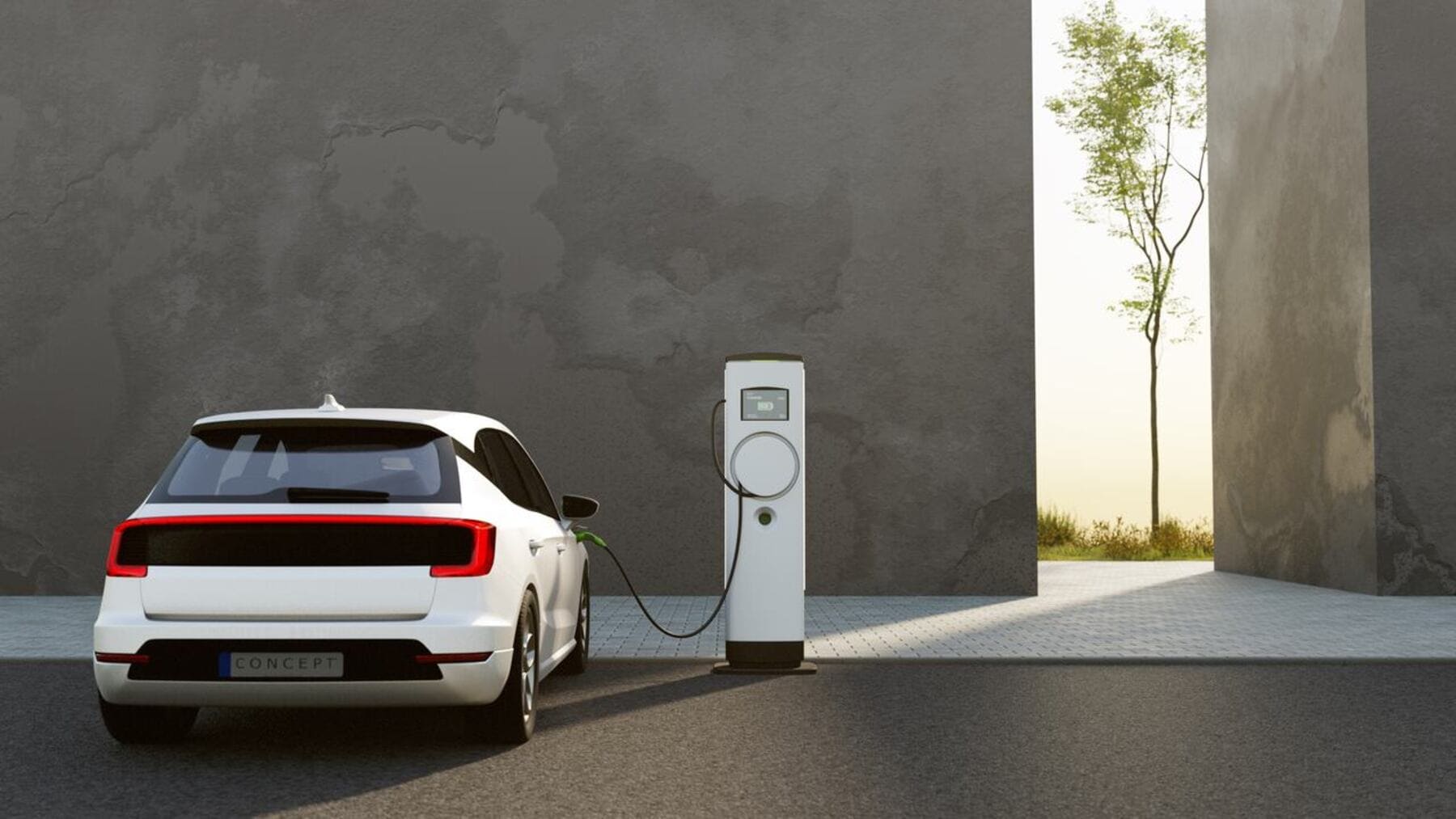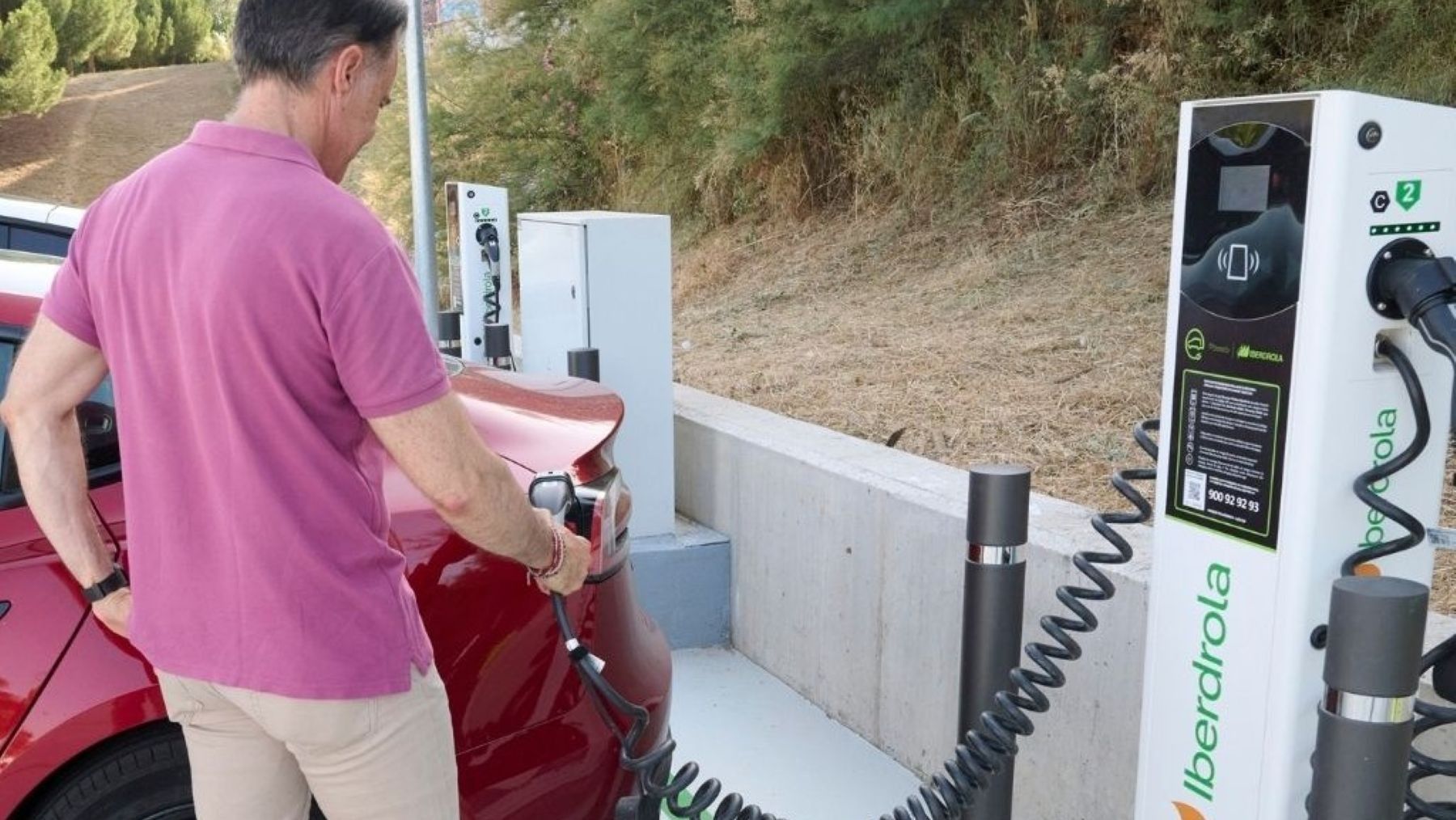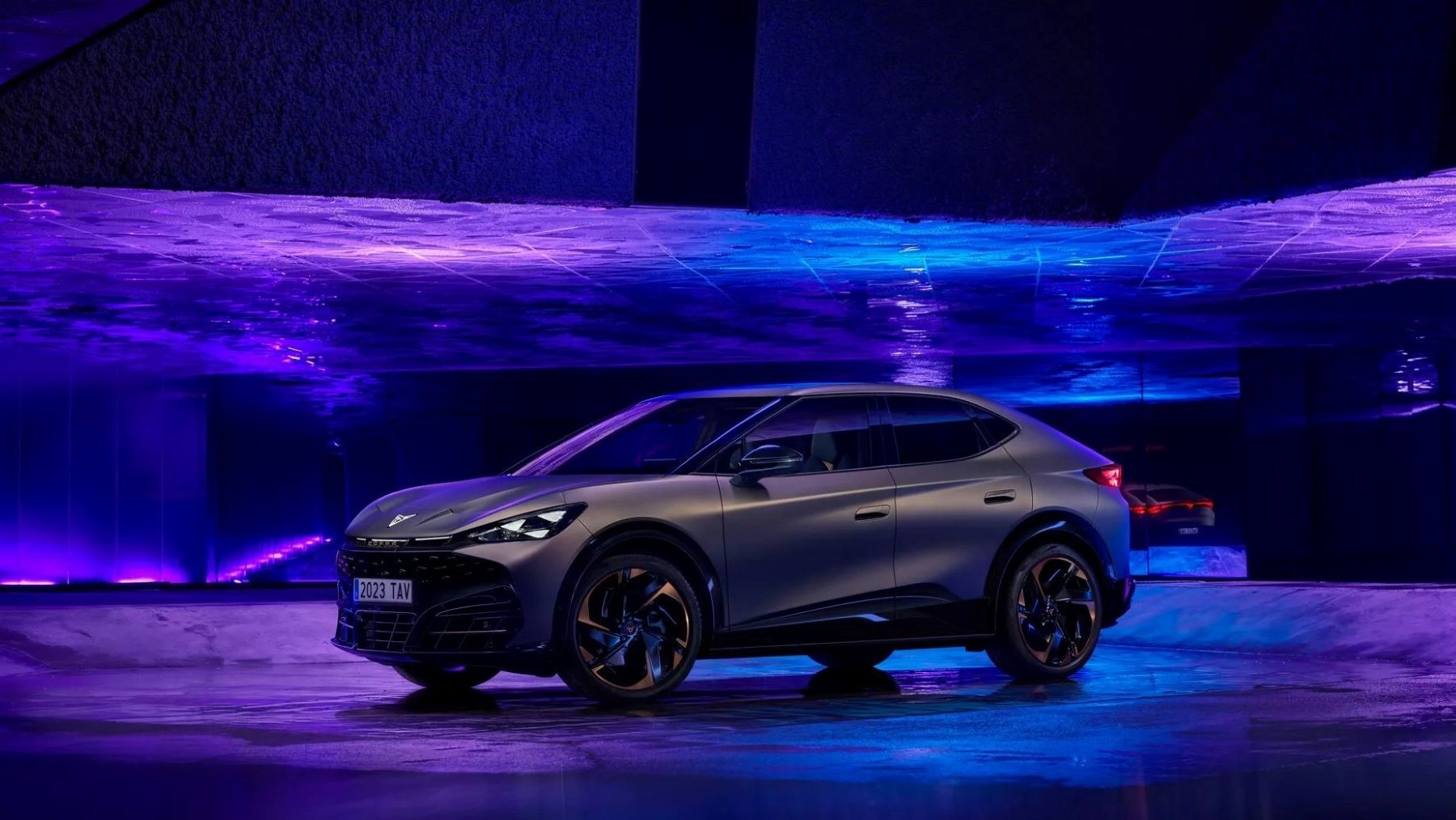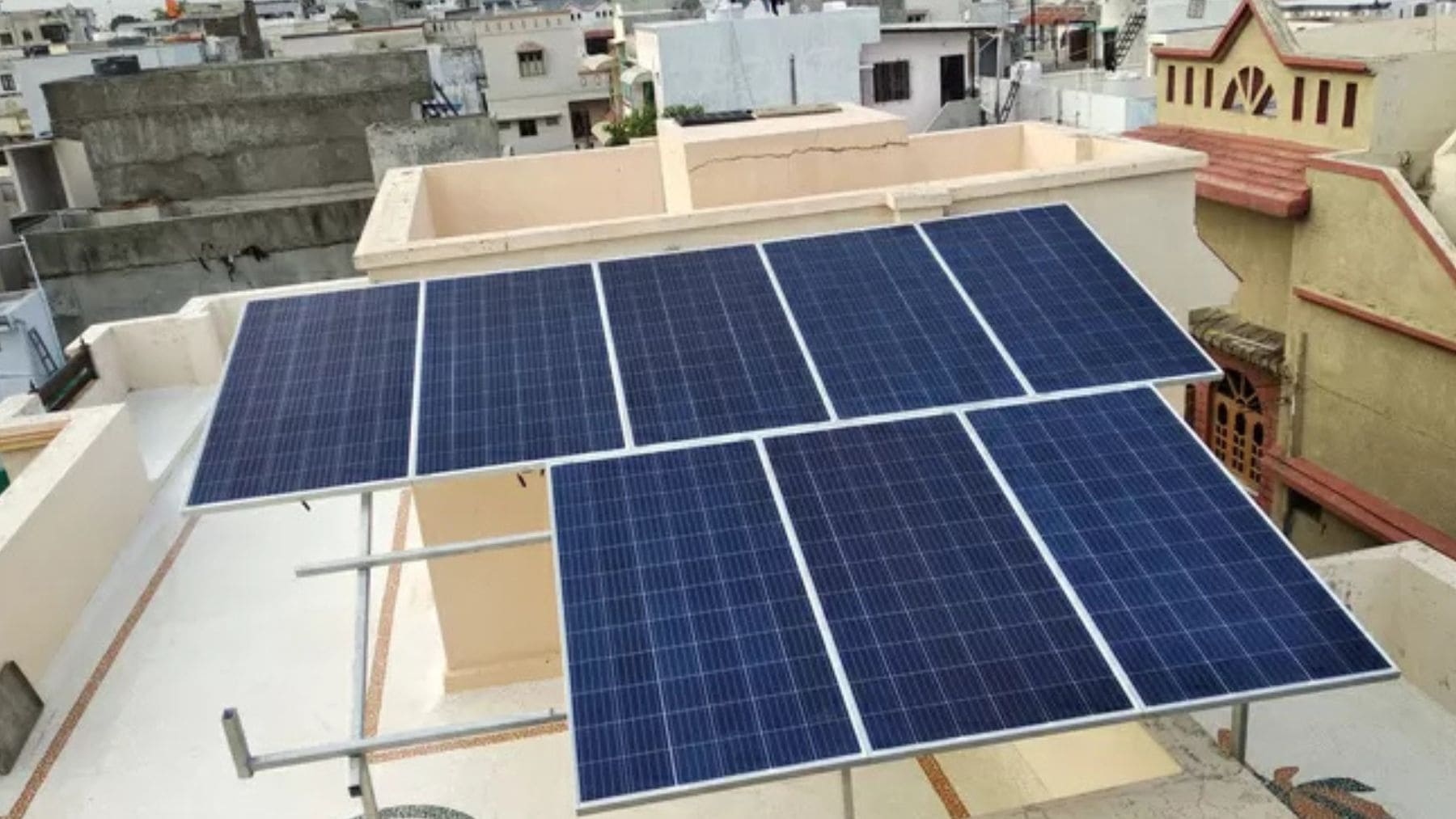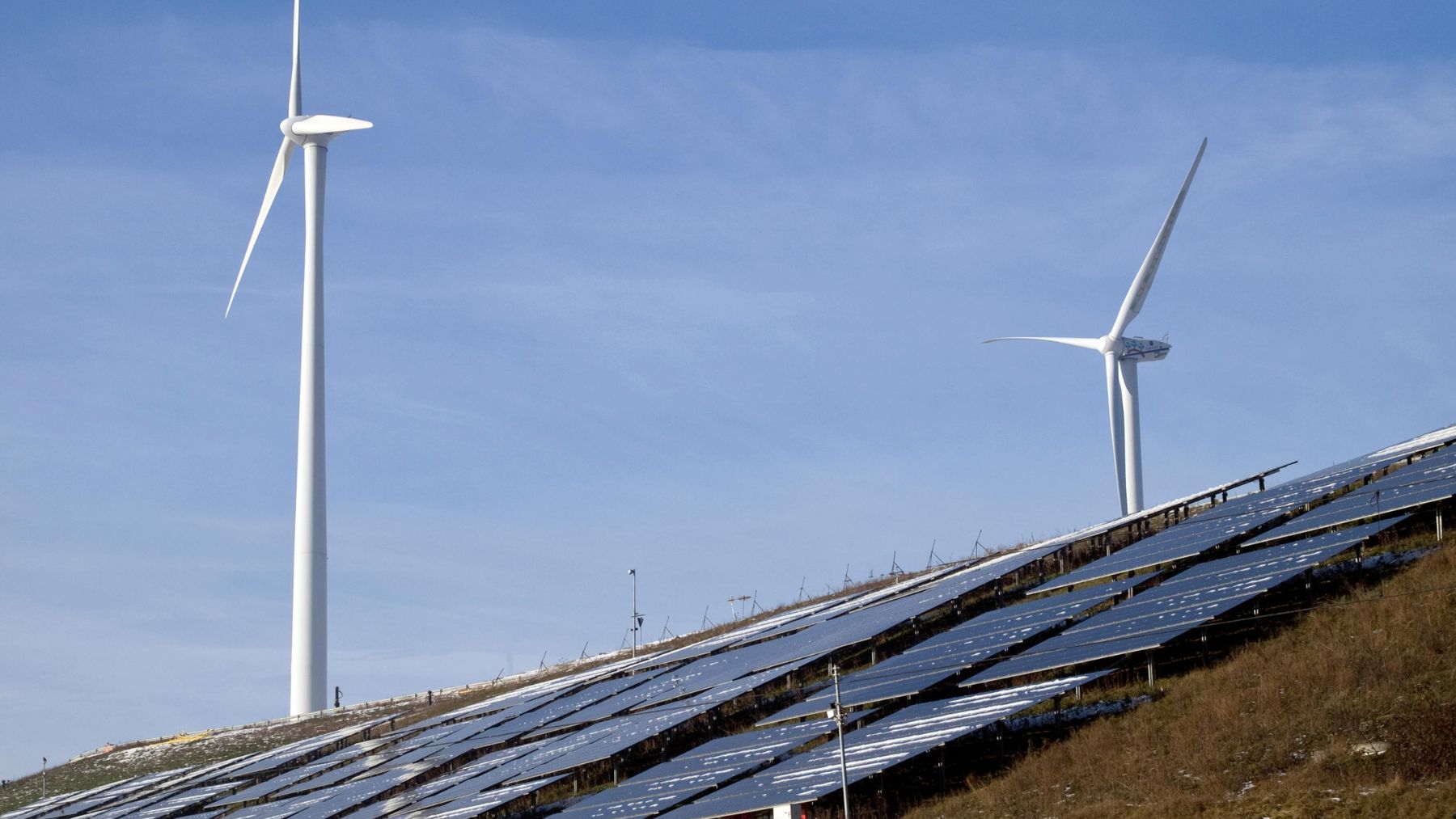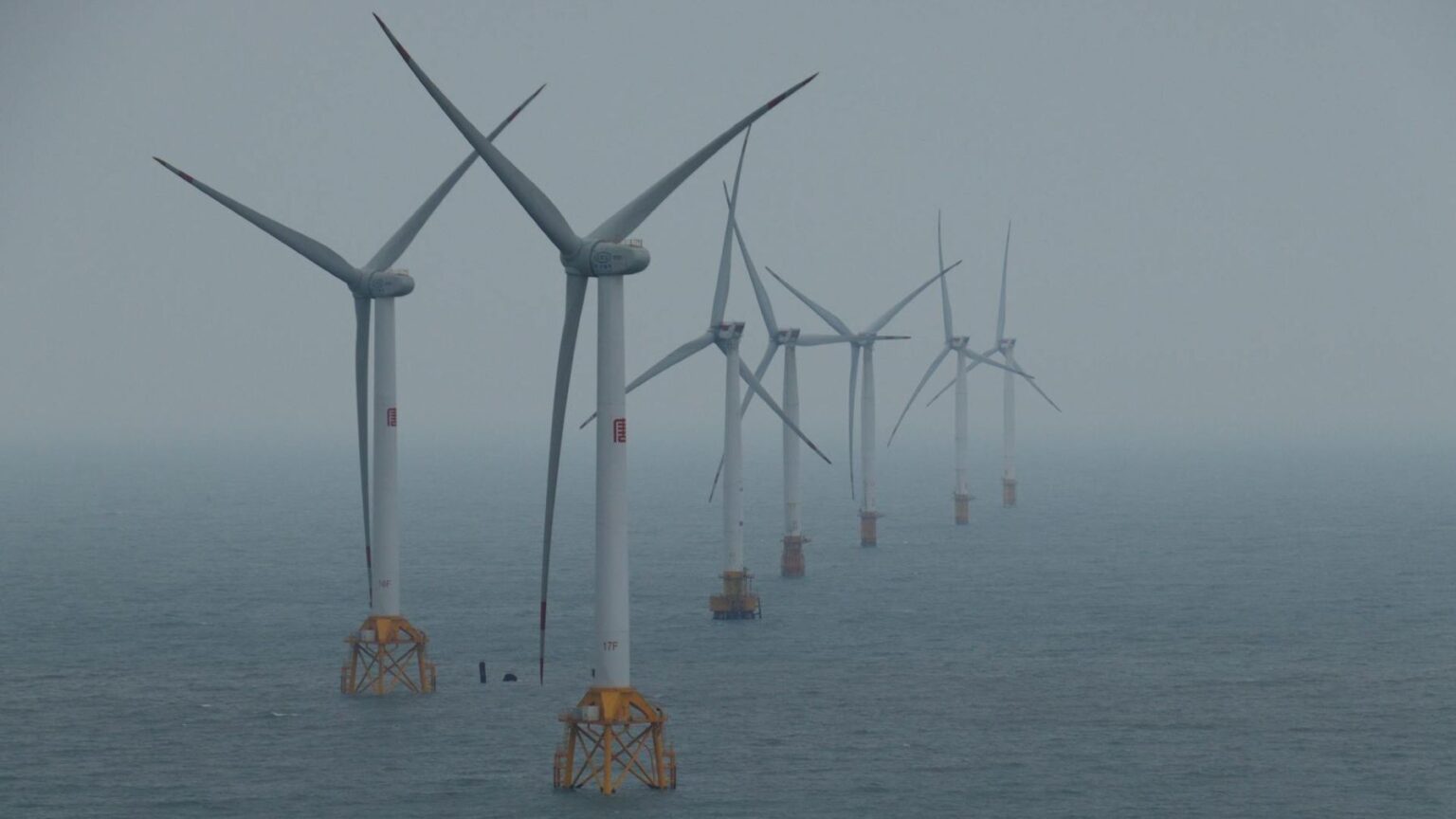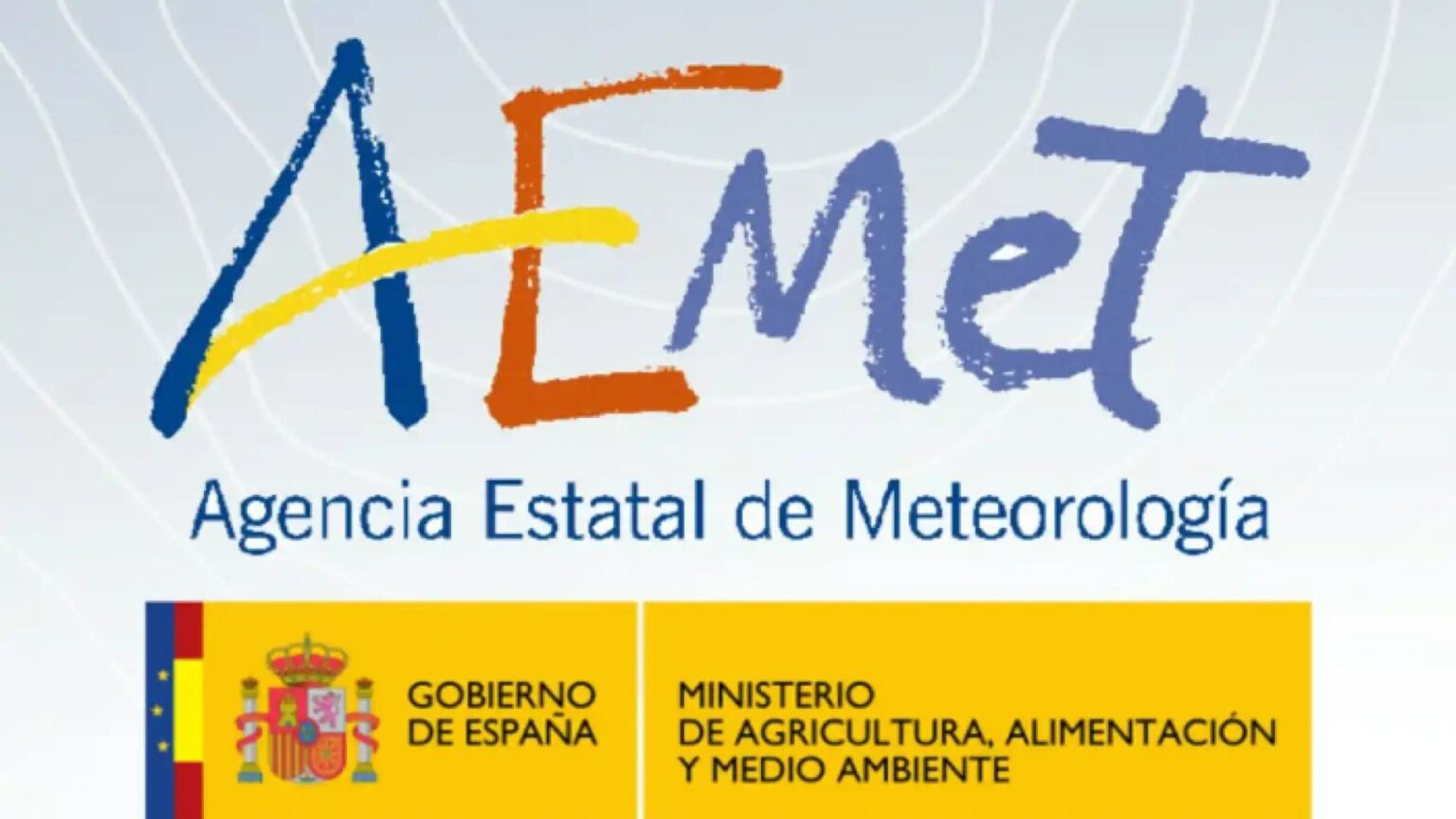Germany’s plan to deploy 1 million electric vehicles by 2020 will not pose any problems for the country’s power grid thanks to smart grid development, according to an interim report headed by Siemens A.G. (NYSE:SI) and E.ON A.G.
A million electric cars can eat up a maximum of 2 billion kilowatt-hours of electricity annually. However, the report estimates Germany will generate over 100 billion kilowatt-hours of green electricity by 2020 – enough to power 50 million electric vehicles.
The report also notes smart meters will allow batteries of electric vehicles to be charged during times when renewable energy output exceeds demand. This, in turn, will make electric cars a suitable storage device that can help balance supply and demand and improve the integration of green electricity.
“Deploying smart controls across the networks is necessary, in part to ensure that electric vehicles can be powered by green electricity,” said Wolfgang Dehen, chief executive of Siemens Energy Sector.
“Smart grid technology is already available today. Germany must rapidly lay the groundwork for deploying a smart grid,” he added.
Building a smart charging infrastructure is a medium-term objective because it will not be necessary until a certain amount of electric vehicles are already deployed. Instead, the charging infrastructure currently installed must be retrofitted with smart technology so that it can be integrated in a smart grid. The amount of data exchanged between an electric vehicle and the network can be expanded in the future.
“It would be a mistake to set the technology bar too high for charging stations. What we need right now are pragmatic, cost-effective solutions that will make e-mobility viable in the marketplace,” said Klaus-Dieter Maubach, member of E.ON’s board of management.
However, upgrading might be a necessity in areas where there is a high density of electric cars that could potentially lead to an overloaded grid.
The report predicts rapid breakthroughs in charging technology by 2020, such as cable-free inductive charging and higher-voltage direct current charging, which will speed up charging time. This would make e-mobility more convenient and appealing to motorists.


